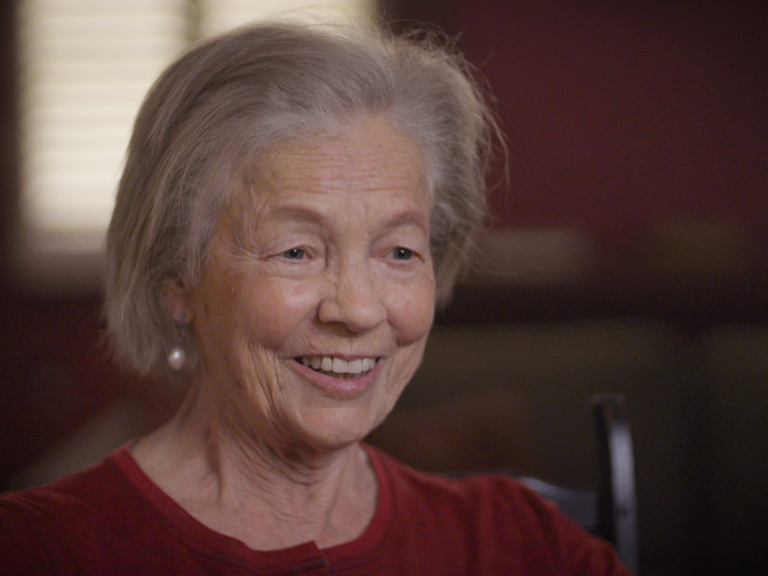LDF Defends Lower Court Victory Over "Insider" New York City Principals' Examination
Press Release
February 14, 1972

This item is featured in:
Cite this item
-
Press Releases, Volume 6. LDF Defends Lower Court Victory Over "Insider" New York City Principals' Examination, 1972. e80350c5-ba92-ee11-be37-00224827e97b. LDF Archives, Thurgood Marshall Institute. https://ldfrecollection.org/archives/archives-search/archives-item/f2ec475f-596b-4c8a-90aa-fc678327ea36/ldf-defends-lower-court-victory-over-insider-new-york-city-principals-examination. Accessed February 17, 2026.
Copied!
“PressRelease B im
20
efense und
FOR IMMEDIATE RELEASE
FEBRUARY 14, 1972
LDF DEFENDS LOWER COURT
VICTORY OVER "INSIDER" NEW YORK
CITY PRINCIPALS' EXAMINATION
NEW YORK, N.Y. --- On February 15, 1972, the Legal
Defense Fund (LDF) will defend a lower court decision which stopped
the giving of discriminatory civil service examinations for New York
City School principals. LDF Attorney Elizabeth DuBois will argue,
that the decision must be upheld to permit the institution of an
examination system which would permit selection based on merit and
fitness for these key roles in urban education.
LDF filed a reply brief on February 9, 1972, to answer
charges made by the Board of Examiners, which administers the exams,
that the injunction would create a spoils system. The brief argued
that the present system rewards and favors those within the system
at the expense of those who have traditionally been locked out.
The brief, written on behalf of Boston Chance, a black, and
Louis Mercado, a Puerto Rican, notes that Black and Puerto Rican
children would have the most to lose from a system based on anything
other than merit and fitness.
On July 14, 1971, District Judge Walter Mansfield found
that the Examiners' tests "aimed at testing the candidate's ability
to memorize rather than the qualities normally associated with a
school administrator." As a result of these tests, New York had
the lowest percentage of minority principals (1.4%) among the five
(more)
NAACP Legal Defense and Education Fund, Inc. | 10 Columbus Circle | New York, N.Y. 10019 | (212) 586
illiam T. Coleman, Jr. - President fe’ Rivoates gh
a
N.Y. CITY PRINCIPALS' EXAMINATION PAGE 2
largest cities in the United States. The next lowest, Chicago,
had five times as many minority principals. The New York City
Board of Education has refused to defend the examination system,
and did not appeal the lower court decision. Chancellor Harvey
Scribner called the system "unworkable."
The case will be heard before the Second Circuit Court of
Appeals.
For further information contact: Attorney Elizabeth B. DuBois
or Abeke Foster, Public Information
(212) 586-8397
NOTE: Please bear in mind that the LDF is a completely separate
and distinct organization even though we were established by the
NAACP and those initials are retained in our name. Our correct
designation is NAACP Legal Defense and Educational Fund, Inc.,
frequently shortened to LDF.
